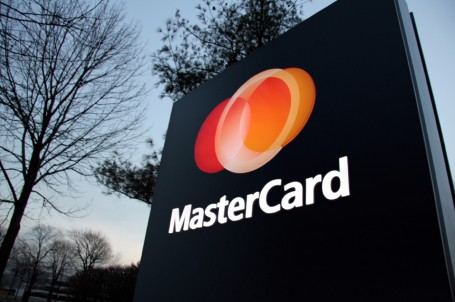Tři ze čtyř Evropanů nepovažují Evropu za region s nejvyšší inkluzí na světě

Rovný přístup k finančním a digitálním produktům je považován za klíčový
Z průzkumu společnosti MasterCard, jehož tématem bylo vnímání inkluze, vyplývá, že 49 % Evropanů považuje finanční inkluzi ve své zemi za dostatečnou. 78 % dotázaných se neztotožňuje s tvrzením, že je Evropa regionem s největší finanční inkluzí ve světě. V případě digitální inkluze jsou výsledky obdobné – 24 % Evropanů považuje „starý kontinent“ za region s největší digitální inkluzí.
Z průzkumu dále vyplynulo, že podle většiny Evropanů (83 %) mají muži vyšší stupeň finanční a digitální inkluze než ženy. 88 % respondentů považuje rovné příležitosti pro Evropany z hlediska přístupu k finančním a digitálním produktům za klíčové pro otevřenou společnost. Přesto pouze 66 % Evropanů potvrdilo, že má takovou osobní zkušenost. Dva ze tří dotázaných si myslí, že zodpovědnost za zlepšení finanční inkluze nesou vlády jednotlivých zemí.
Ann Cairns, prezidentka mezinárodních trhů MasterCard, okomentovala výsledky: „Finanční, digitální i genderová inkluze jsou vnitřně propojeny. Tyto prvky jdou spolu ruku v ruce a jsou velmi důležité pro svobodný, spravedlivý a plný život, s čímž Evropané souhlasí. Avšak i přesto, že je Evropa jedním z nejrozvinutějších regionů na světě, je třeba udělat více k zaplnění mezery v začleňování. Evropané se domnívají, že existuje významný počet lidí, již jsou ze společnosti stále vyloučeny. Ve skutečnosti existuje „peněžní strop“, který působí jako překážka při inkluzi a zabraňuje univerzálnímu přístupu.“
„Mandát EU opravňuje každého občana k základnímu platebnímu účtu. Světová banka a G20 stanovily cíle všeobecné finanční inkluze do roku 2020. Nicméně na základě výsledků průzkumu je jasné, že zlepšení inkluze v regionu musí zůstat důležitou prioritou, chceme-li dosáhnout skutečné otevřené společnosti,“ dodala.
O průzkumu
MasterCard provedl online průzkum mezi 10 021 spotřebitelem v 10 evropských zemích ve dnech 5. – 18. května 2016. Tolerance chyb pro tuto studii je +/- 1,0 % na celkové úrovni, a +/- 3,1 % na úrovni trhu. Průzkum spravovala Norstat, globální výzkumná společnosti.